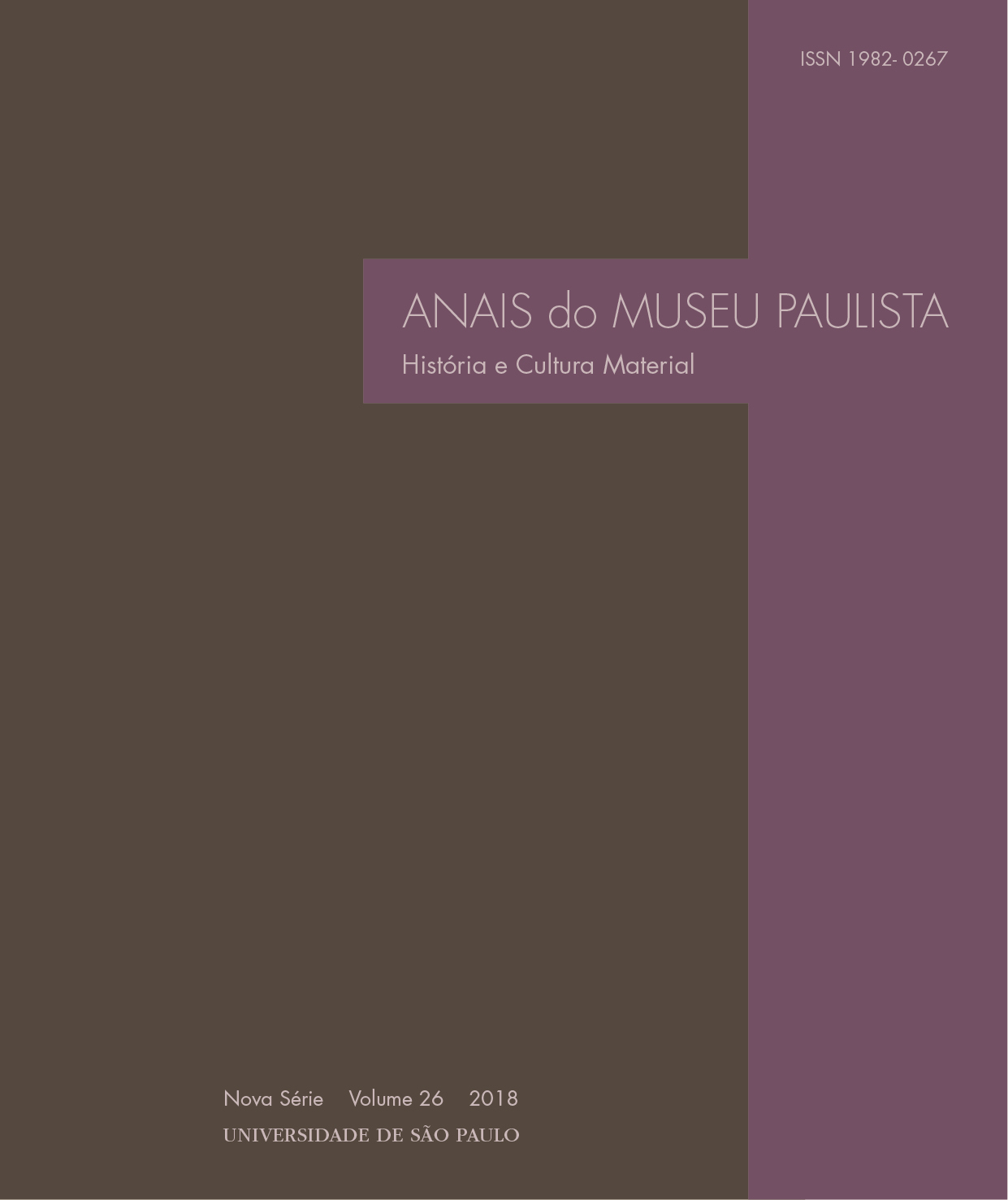Gold, pigs, slaves and coffee: the origins of nineteenth century fortunes in São Pedro de Cantagalo, Rio de Janeiro (last decades of the eighteenth century and first of the nineteenth century)
DOI:
https://doi.org/10.1590/1982-02672018v26e04d1Keywords:
Illegal extraction of gold, Slavery, Material daily life of slave labor on coffee production, Swiss immigrants, Material cultureAbstract
The municipality of Cantagalo in the state of Rio de Janeiro is historically linked to gold exploration, the breading of pigs and to the production of food for the domestic market and of coffee by slaves for export markets. I will analyze the construction of the material daily life of the region “Novas Minas dos Sertões de Macacu” or “Cantagalo”, as it was named at the end of the eighteenth century. Later, it became known as the city of São Pedro de Cantagalo, in 1814, it retained this name through the last decades of the eighteenth century and the first decades of the nineteenth century. The documental basis used are post-mortem inventories, official correspondence exchanged between colonial and metropolitan authorities, parochial records of baptism, marriage and death and newspaper articles of the Rio de Janeiro press.Downloads
Download data is not yet available.
Downloads
Published
2018-01-01
Issue
Section
Material Culture Studies/Dossier
License
Autores que publicam nesta revista concordam com os seguintes termos:
- Autores mantém os direitos autorais e concedem à revista o direito de primeira publicação, com o trabalho simultaneamente licenciado sob a Licença Creative Commons Attribution que permite o compartilhamento do trabalho com reconhecimento da autoria e publicação inicial nesta revista.
- Autores têm autorização para assumir contratos adicionais separadamente, para distribuição não-exclusiva da versão do trabalho publicada nesta revista (ex.: publicar em repositório institucional ou como capítulo de livro), com reconhecimento de autoria e publicação inicial nesta revista.
- Autores têm permissão e são estimulados a publicar e distribuir seu trabalho online (ex.: em repositórios institucionais ou na sua página pessoal) a qualquer ponto antes ou durante o processo editorial, já que isso pode gerar alterações produtivas, bem como aumentar o impacto e a citação do trabalho publicado (Veja O Efeito do Acesso Livre).
How to Cite
FARIA, Sheila de Castro. Gold, pigs, slaves and coffee: the origins of nineteenth century fortunes in São Pedro de Cantagalo, Rio de Janeiro (last decades of the eighteenth century and first of the nineteenth century). Anais do Museu Paulista: História e Cultura Material, São Paulo, v. 26, p. e04d1, 2018. DOI: 10.1590/1982-02672018v26e04d1. Disponível em: https://www.periodicos.usp.br/anaismp/article/view/148052.. Acesso em: 18 may. 2024.



